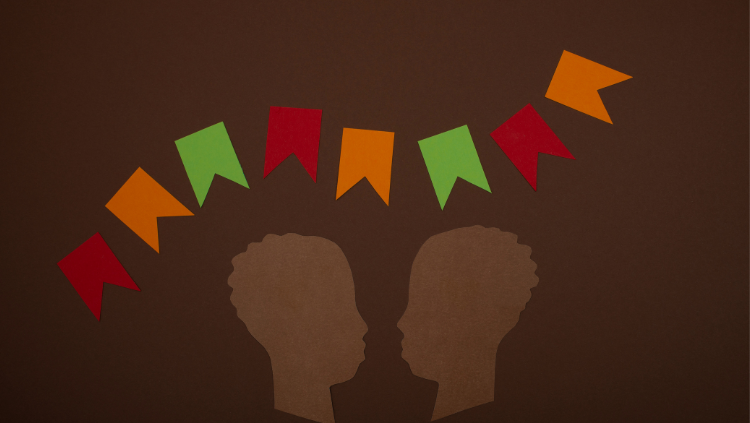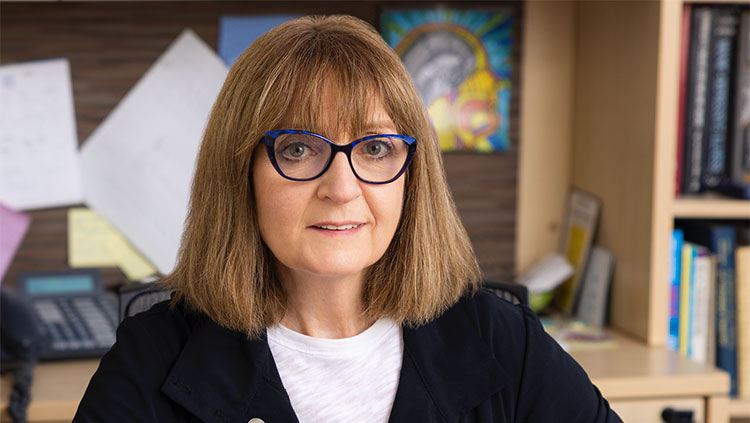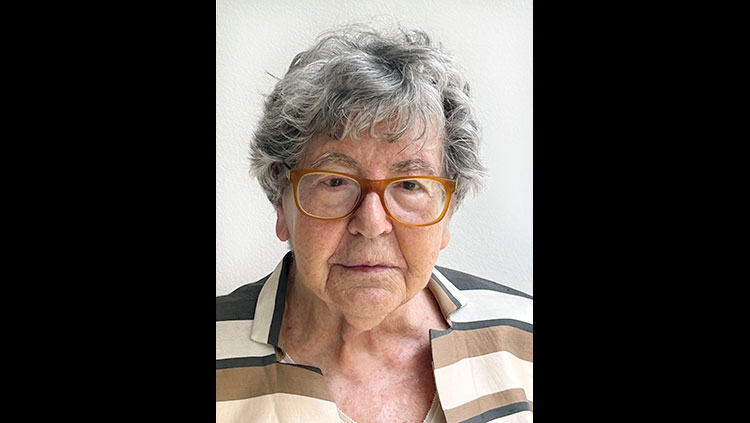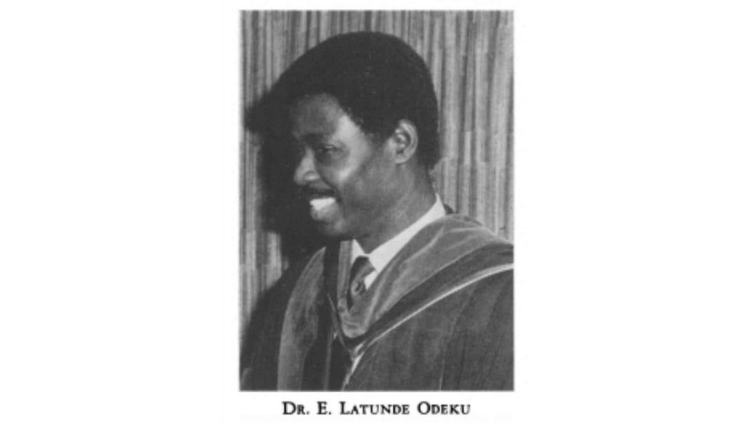How has the field of neuroscience progressed in the last 50 years, and what will we learn over the next half century? Who better to ask than the next generation of neuroscientists themselves!
CONTENT PROVIDED BY
BrainFacts/SfN
Transcript
Child 1: I think it’s important to study about the brain because every little thing we do every single day, like daily life, is just controlled by the brain.
Child 2: Breathing, walking…
Child 3: It makes your decisions.
Child 4: It tells your body what to do.
Child 5: Like, it’s the boss of the body and if it gets injured the body won’t function right.
Child 6: It’s quite important to study the brain because we don’t know much about it and we need to know more about it.
Child 7: Because you can cure diseases and find out new ones.
Child 8: I think it’s important that scientists have all that information so they can tell doctors.
Child 9: If we know more about the brain, then the more we can cure it.
Child 10: The way that people used to study the brain was like, they would study dead people’s brains.
Child 1: Fifty years ago, we didn’t have really good technology to do neuroimaging.
Child 6: Things were very difficult to do with the brain.
Child 11: It’s like a Lego set without instructions.
Child 7: I bet we didn't have microscopes…I mean like, the cool kinds.
Child 12: So, maybe 50 years from now there will be like, the microscopes will be cheaper, and the cells will be like, that big!
Child 2: Maybe like a device to detect if there’s something wrong with your brain.
Child 13: I think we would know how to figure out when diseases and stuff are growing, and we would be able to stop them a lot sooner.
Child 11: We might be able to cure Alzheimer’s, or dementia, or brain cancer.
Child 12: We could modify people’s brains…
Child 7: I would like to see if we could make a brain.
Child 5: I think they’ll have a brain model of their own like the real brain but in a model version, so it’s not a real person’s but it’s like the same consistency, and the same weight, and the same things a real brain does.
Child 1: My dream is to create like, a different gadget that can restore memory.
Child 11: I would want to study how TV can affect your brain since your parents are always telling you how your brain’s going to turn to mush.
Child 10: How do you store your memories in the brain?
Child 14: How postmortem brains are different from living brains, like how they change after you die.
Child 6: Mental disorders, things like ADHD, I want to find out what causes them and how their brain exactly differs.
Child 15: If you have an infected finger you could cut it off and then replace it with a metal finger, but it could be a lot stronger and it could bend backwards.
Child 7: You could probably do it by putting cells inside the metal, maybe the cells would connect to the other cells.
Child 3: Maybe if a dog lost its leg then you can have a robot dog leg.
Child 12: There could be like a signal from the brain to like, send electricity to something and you’ll give it directions from your mind.
Child 9: If you’re scared to say something, like in class, you have the answer in your mind, but you just can’t manage to say it out in words, maybe it could say it for you.
Child 7: Maybe we could control books with our mind. Just think about turning the page and it’ll turn the page for you.
Child 4: I want to be a scientist when I grow up.
Child 8: I would discover things, lots of things.
Child 12: I think it would be a fun job.
Child 2: I am the future of neuroscience.
Child 11: I am the future of neuroscience.
Child 13: I am the future of neuroscience.
Child 14: I am the future of neuroscience.
Child 4: I am the future of neuroscience.
Child 8: I am the future of neuroscience.
Also In Meet the Researcher
Trending
Popular articles on BrainFacts.org

















